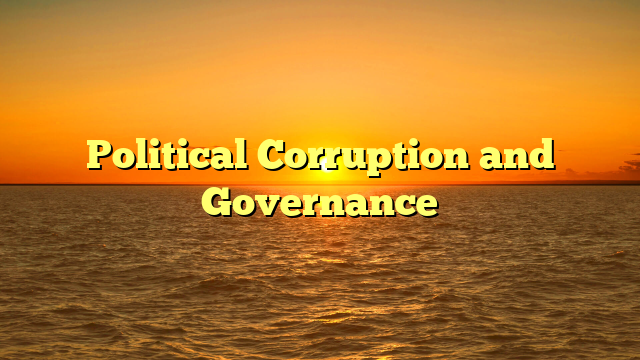Corruption undermines public trust, weakens institutions, and distorts policy outcomes. It occurs when public officials misuse power for personal gain, often Pokemon787 affecting sectors such as procurement, taxation, and regulation.
Political corruption can erode democracy by concentrating power among elites and marginalizing ordinary citizens. Citizens who perceive pervasive corruption may disengage from political participation or support populist movements.
Anti-corruption measures include independent agencies, judicial oversight, transparency initiatives, and whistleblower protections. Civil society and media also play crucial roles in exposing misconduct and advocating reform.
While legal frameworks are necessary, fostering a culture of integrity is equally important. Political leaders, institutions, and citizens must collectively promote accountability and ethical behavior.
In conclusion, combating corruption is essential for effective governance and democratic stability. Continuous vigilance, institutional reform, and civic engagement are critical for reducing corruption’s political impact.


